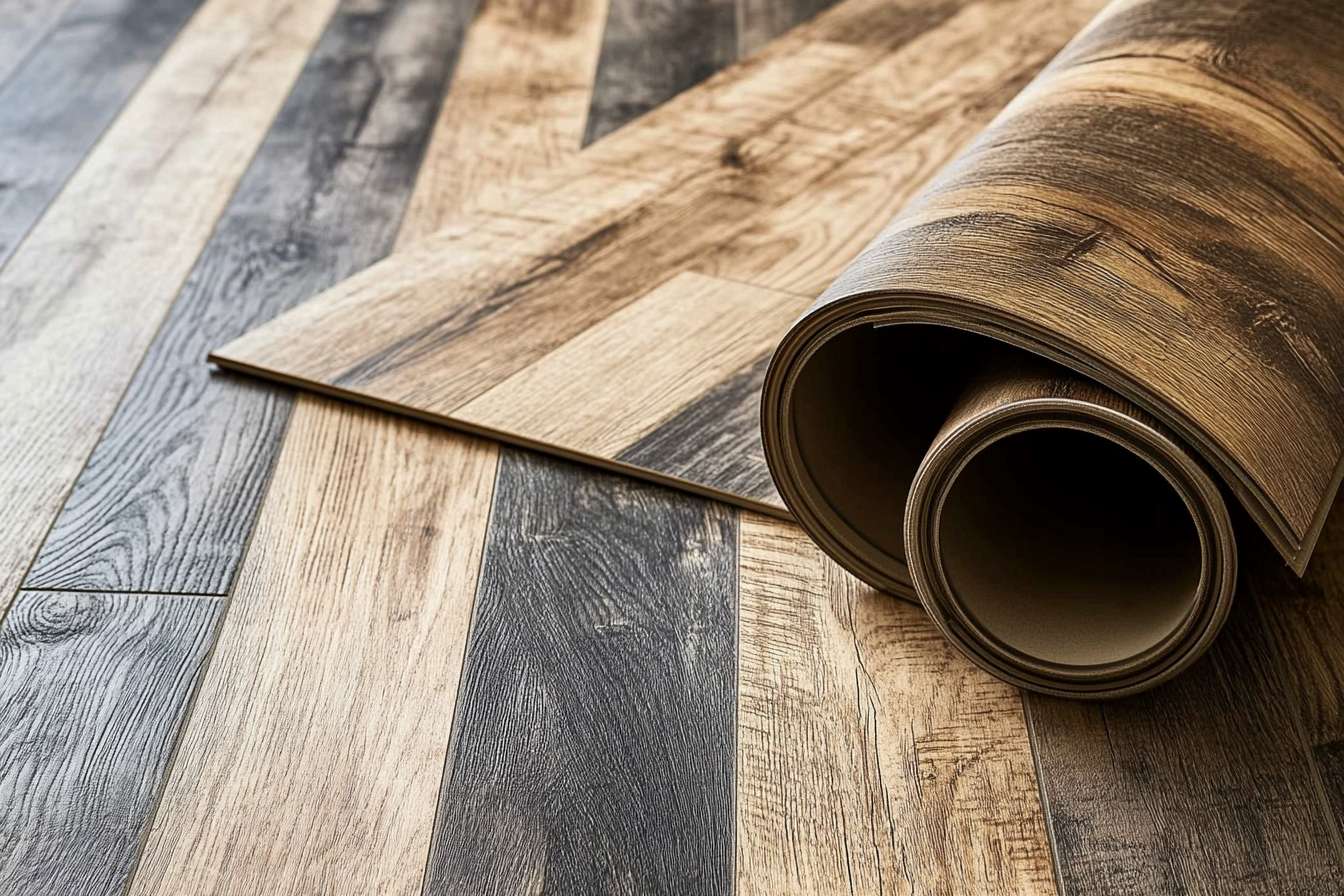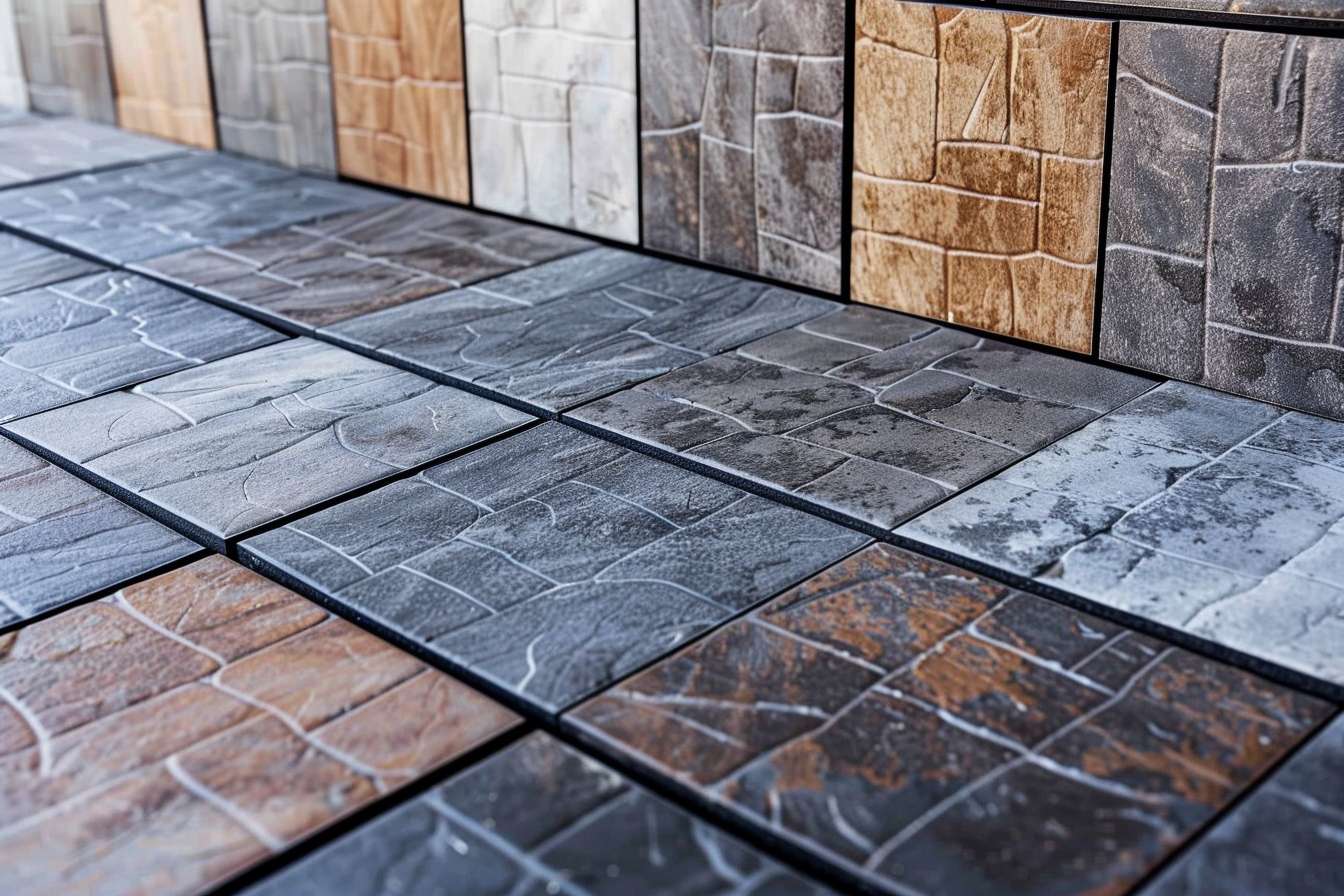Complete Guide to Windows: Installation and Replacement Costs
Windows are among the most important features of any home, serving both functional and aesthetic purposes. Whether you're building a new home or considering window replacement, understanding the various types of windows, installation processes, and associated costs can help you make informed decisions. Modern windows not only enhance your home's curb appeal but also improve energy efficiency, security, and overall comfort.

What Types of Windows Are Available for Your Home?
The window market offers numerous options to suit different architectural styles and functional needs. Single-hung windows remain popular for their classic appearance and affordability, featuring a movable bottom sash while the top remains fixed. Double-hung windows provide greater versatility with both sashes moving independently, allowing for better ventilation control.
Casement windows, hinged on one side and operated with a crank mechanism, offer excellent sealing properties and unobstructed views. Bay and bow windows create additional interior space while flooding rooms with natural light. Sliding windows work well in contemporary homes and tight spaces where outward-opening windows aren’t practical.
Material choices significantly impact both performance and cost. Vinyl windows offer excellent value and low maintenance requirements. Wood windows provide superior insulation and timeless beauty but require regular upkeep. Aluminum windows suit modern designs and offer durability, while fiberglass combines strength with energy efficiency.
Understanding Window Installation Requirements
Professional window installation ensures proper fit, weatherproofing, and optimal performance. The installation process typically begins with accurate measurements and assessment of existing window frames. In new construction, installation occurs during the framing stage, while replacement projects require careful removal of old windows.
Proper installation involves several critical steps: securing the window frame, ensuring level and plumb positioning, applying appropriate insulation and weatherstripping, and finishing with exterior and interior trim. Quality installation prevents air leaks, water infiltration, and structural issues that could compromise your home’s energy efficiency and comfort.
Local building codes often govern window installation, particularly regarding egress requirements for bedrooms and energy efficiency standards. Professional installers understand these regulations and ensure compliance, protecting your investment and family safety.
Window Replacement Cost Factors and Considerations
Window replacement costs vary significantly based on multiple factors. Window size, style, and material choices represent the primary cost drivers. Energy-efficient features like low-E coatings, argon gas fills, and multi-pane construction add to upfront costs but provide long-term savings through reduced energy bills.
Labor costs fluctuate by region and project complexity. Full-frame replacement costs more than insert replacements but may be necessary for older homes or when upgrading to different window sizes. Additional factors affecting costs include permit requirements, disposal of old windows, and any necessary repairs to surrounding structures.
The number of windows being replaced often influences per-unit pricing, with larger projects typically receiving volume discounts. Seasonal timing can also impact costs, as contractors may offer better rates during slower periods.
| Window Material | Average Cost Range | Installation Cost | Total Project Cost |
|---|---|---|---|
| Vinyl Windows | $200-$600 per window | $150-$300 per window | $350-$900 per window |
| Wood Windows | $400-$1,200 per window | $200-$400 per window | $600-$1,600 per window |
| Fiberglass Windows | $300-$900 per window | $150-$350 per window | $450-$1,250 per window |
| Aluminum Windows | $250-$750 per window | $150-$300 per window | $400-$1,050 per window |
Prices, rates, or cost estimates mentioned in this article are based on the latest available information but may change over time. Independent research is advised before making financial decisions.
Energy Efficiency and Performance Benefits
Modern windows significantly impact home energy efficiency through advanced glazing technologies and improved frame designs. Double and triple-pane windows create insulating air spaces that reduce heat transfer. Low-emissivity coatings reflect infrared light while allowing visible light to pass through, maintaining comfortable indoor temperatures year-round.
Energy Star certified windows meet strict efficiency guidelines and may qualify for federal tax credits or local utility rebates. These incentives can substantially offset initial replacement costs while providing ongoing energy savings. Proper window selection based on your climate zone maximizes these benefits.
Beyond energy savings, quality windows reduce outside noise, minimize condensation problems, and improve indoor air quality by eliminating drafts and moisture infiltration.
Professional Installation vs DIY Considerations
While experienced DIYers might consider window installation, professional installation offers significant advantages. Licensed contractors provide warranties on both materials and workmanship, ensuring proper performance and addressing potential issues. They also handle permit applications, code compliance, and disposal of old materials.
Professional installers possess specialized tools and experience necessary for precise installation, particularly important for structural integrity and weatherproofing. Insurance coverage protects homeowners from liability in case of accidents or damage during installation.
DIY installation might seem cost-effective initially but mistakes can lead to expensive repairs, voided warranties, and compromised performance. Complex installations involving structural modifications or multiple windows particularly benefit from professional expertise.
Investing in quality windows and professional installation enhances your home’s value, comfort, and energy efficiency. By understanding available options, cost factors, and installation requirements, you can make informed decisions that serve your needs and budget. Whether upgrading a single window or replacing all windows throughout your home, careful planning and professional guidance ensure optimal results that you’ll enjoy for decades to come.




